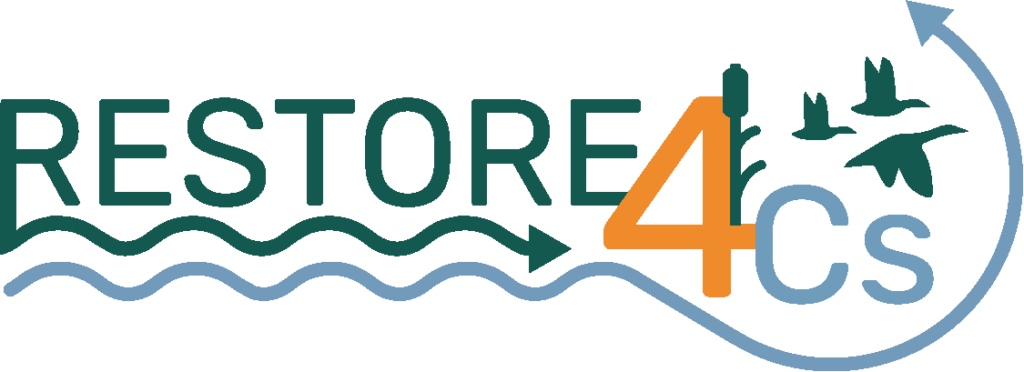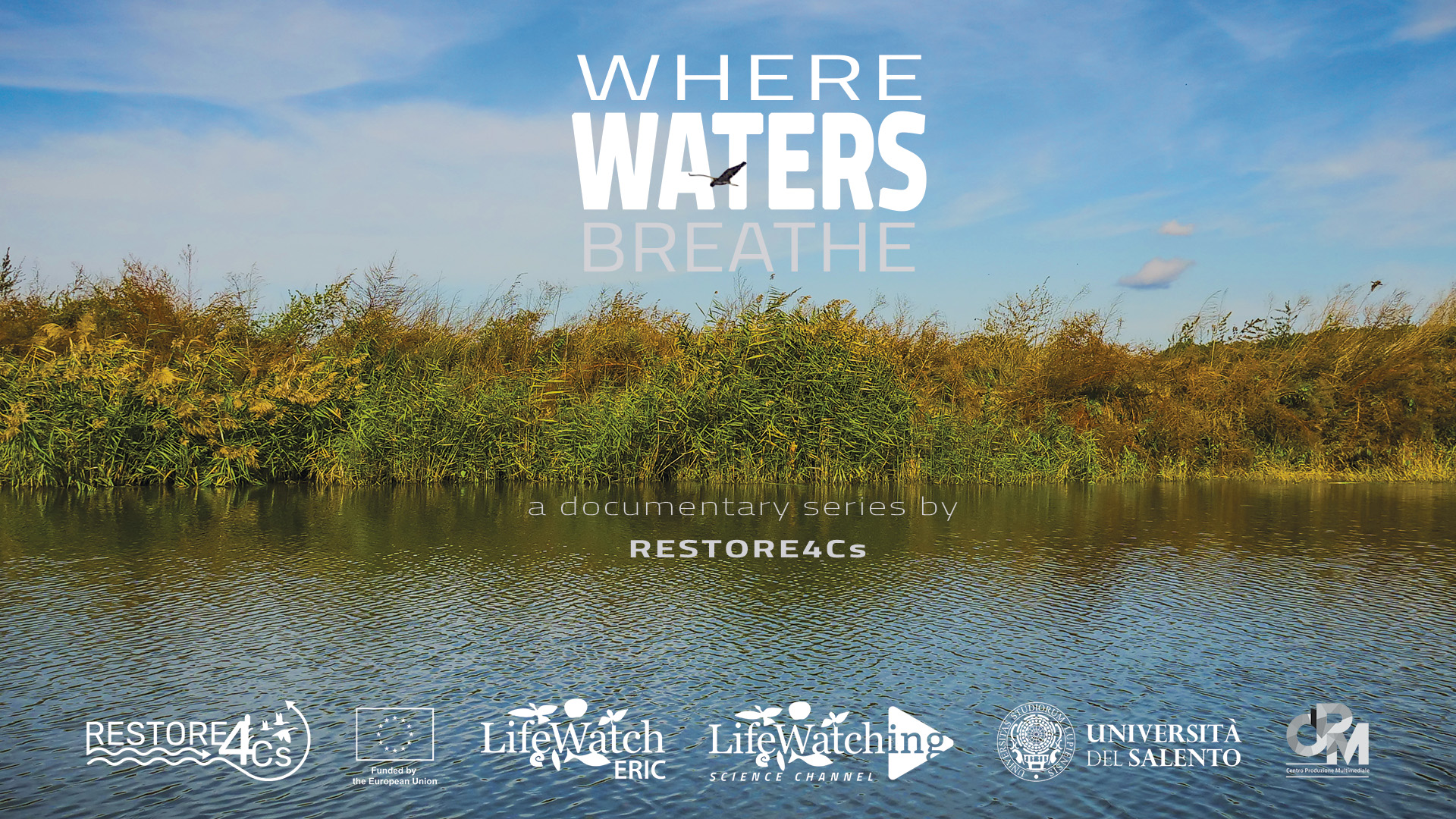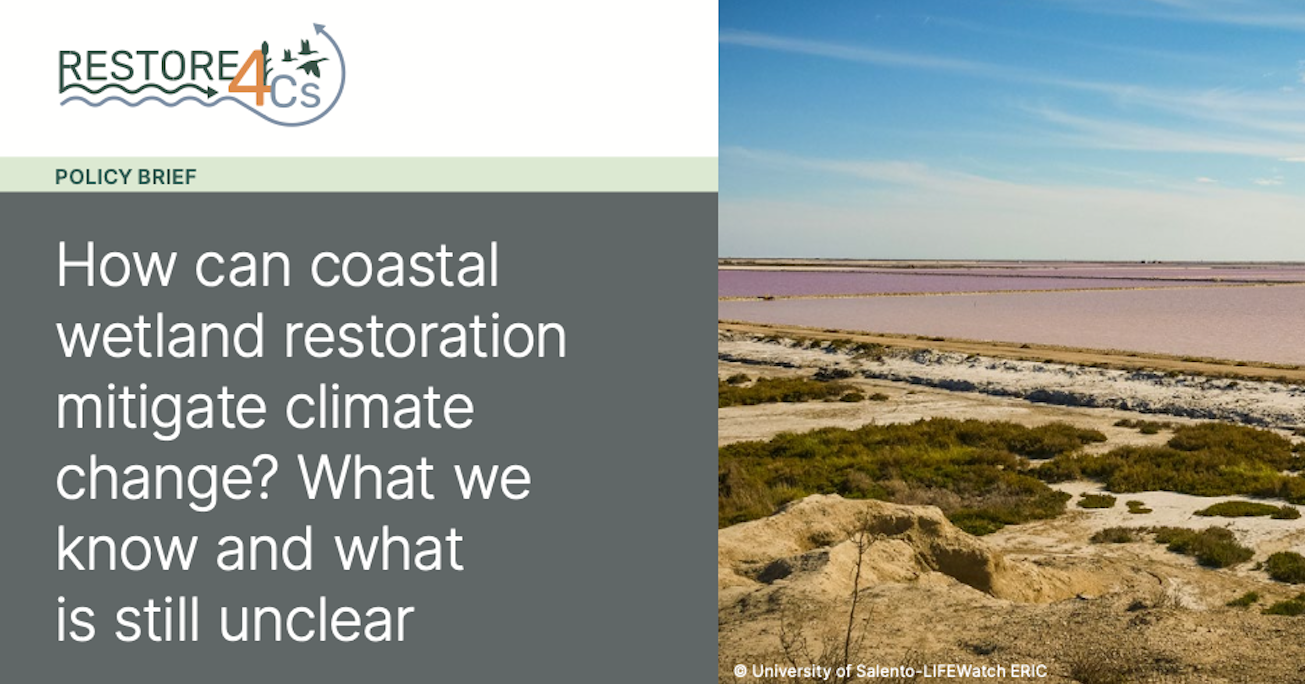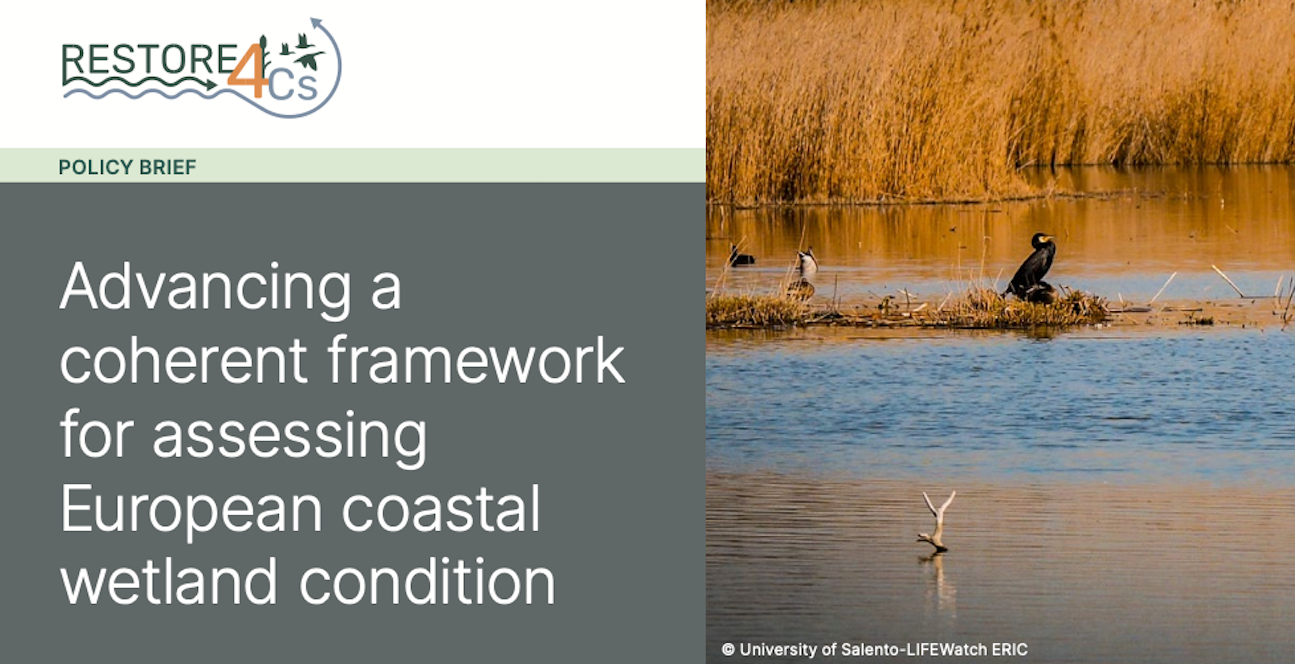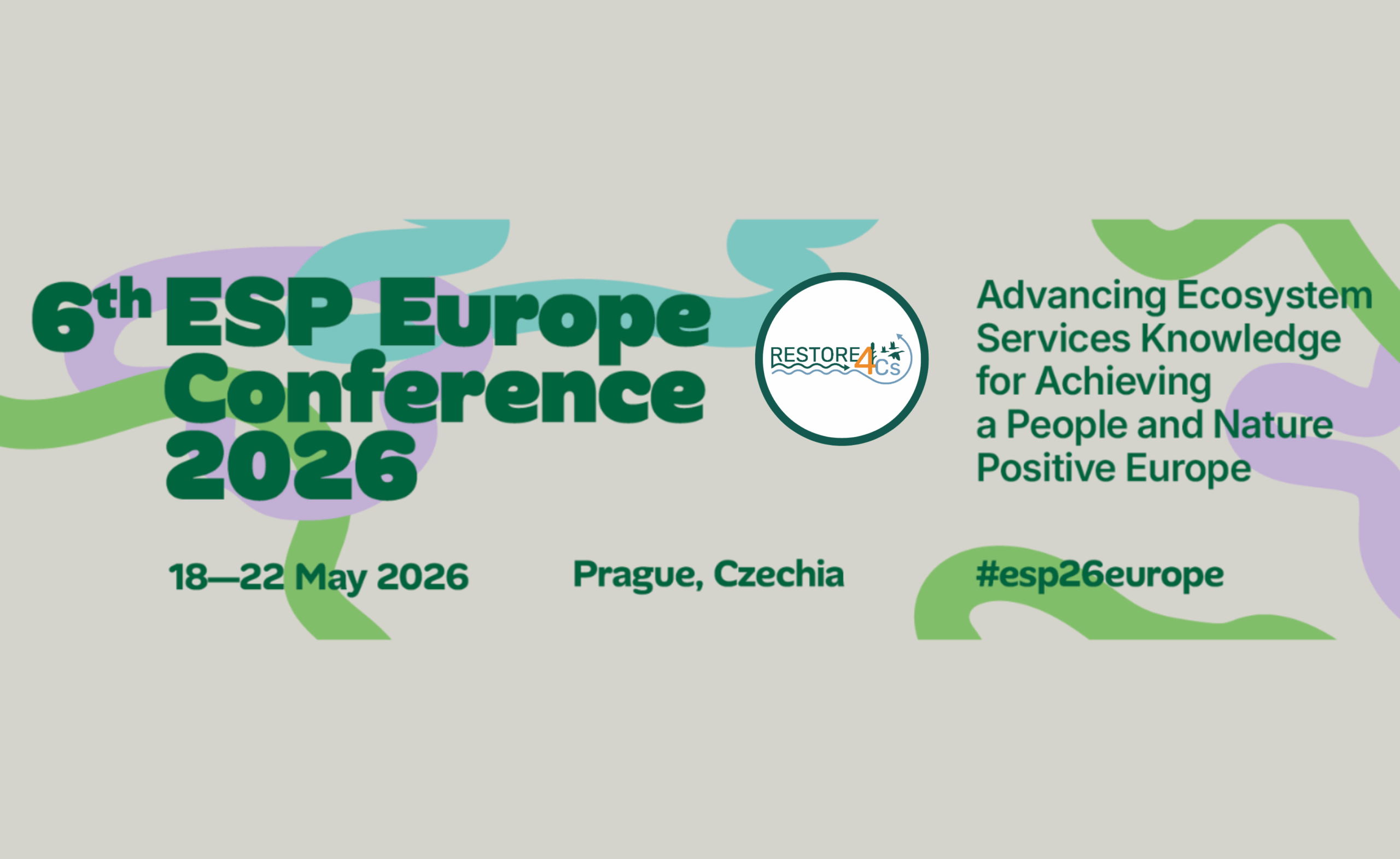RESTORE4Cs 6th General Assembly Unites Experts in Bucharest to Advance Wetland Restoration Across Europe
The 6th General Assembly of RESTORE4Cs convened in Bucharest, Romania, from May 26 to 29, marking a pivotal moment in the project’s trajectory as it enters its final implementation phase. Hosted by the University of Bucharest, the event gathered leading partners to assess progress and align on strategic priorities for the concluding stages of the EU-funded project.
Setting the Stage for Strategic Action
The assembly began with a pre-meeting on May 26, where work package (WP) leaders gathered to refine objectives, review deliverables, and synchronize efforts across teams. This early alignment laid the groundwork for a dynamic and productive series of sessions over the following days.
Highlights from the General Assembly Sessions
On May 27, participants received a warm welcome from the University of Bucharest, followed by a keynote presentation from Mihai Adamescu outlining the overarching vision of Restore4Life.
Several key WPs presented updates:
- WP8 – Communication & Dissemination: LifeWatch ERIC’s Madeira Scauri showcased progress in outreach, collaboration with Sister Projects (ALFAwetlands, REWET, WET HORIZONS), and Phase 3 of the Communication & Dissemination Plan. Cosimo Vallo joined remotely to discuss the upcoming RESTORE4Cs Summer Schools designed for researchers and policymakers.
- WP4 – Greenhouse Gases & Meta-Analysis: Carlos Rochera and Antonio Camacho from the University of Valencia, Miguel Cabrera-Brufau from University of Barcelona, and Benjamin Misteli from WasserCluster Lunz shared recent publications and milestone achievements on ecosystem assessments and carbon capture potential.
- WP5 – Case Pilots & Multi-Criteria Analysis: Insights into financial tools, social acceptance studies, and restoration case studies were presented by Jade Massoutier from Vertigo Lab, Lisa Sella from CNR-IRCrES, and Nico Polman from Wageningen University & Research.
- WP1 – Policy Integration & Roadmap: Eleftheria Kampa from Ecologic Institute introduced new policy briefs and facilitated interactive discussions on policy recommendations to drive large-scale restoration efforts.
Advancing Tools and Integration
On May 28, the focus shifted to the tools and methodologies supporting restoration strategies:
- WP3 – Integrative Assessment Framework: Carmela Marangi from CNR outlined a cohesive framework that links data from Case Pilots to decision-making tools, establishing a “value chain” for wetland restoration planning.
- WP6 – Upscaling Catalogue: Christoph Schröder from ETC-UMA presented progress on mapping restoration potential and indicators essential for scaling impact across Europe.
- WP7 – Online Toolbox Development: Anis Guelmami from Tour du Valat demonstrated the RESTORE4Cs Toolbox platform, which will support training programs and guide wetland prioritisation efforts. Additionally, Martina Pulieri from Università del Salento updated attendees on the project’s data repository.
- WP2 – Stakeholder Engagement: Santiago Suarez-O’Solan from MedWet closed the session with a roadmap for final stakeholder interactions and the next ECoP webinars.
Field Visit to the Danube Delta Case Pilot
The General Assembly concluded with a breathtaking field trip to the Romanian Case Pilot in the Danube Delta, a UNESCO World Heritage Site and one of the most biodiverse regions in Europe.
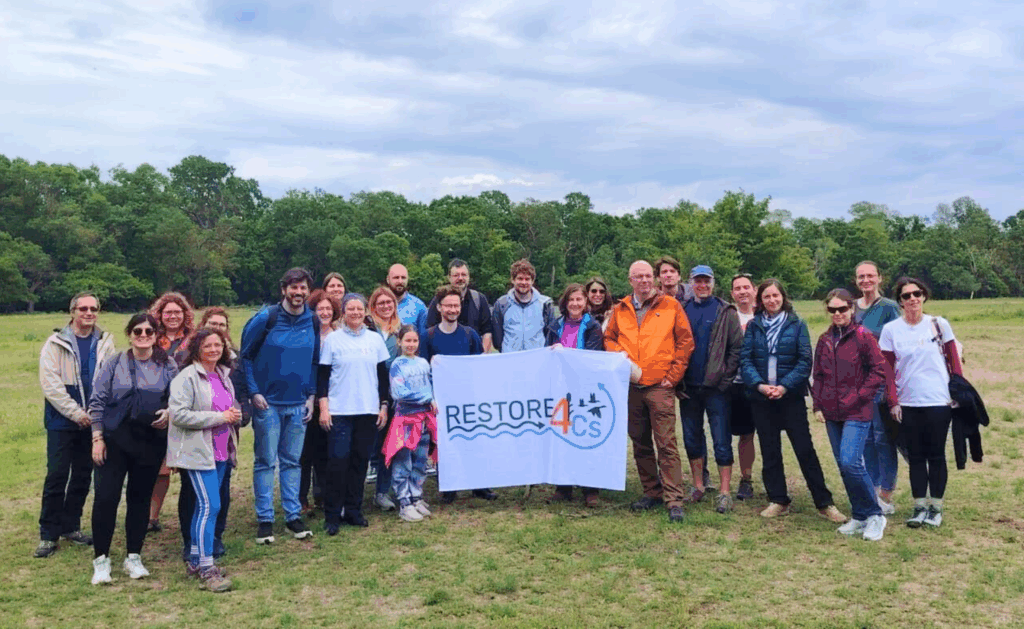
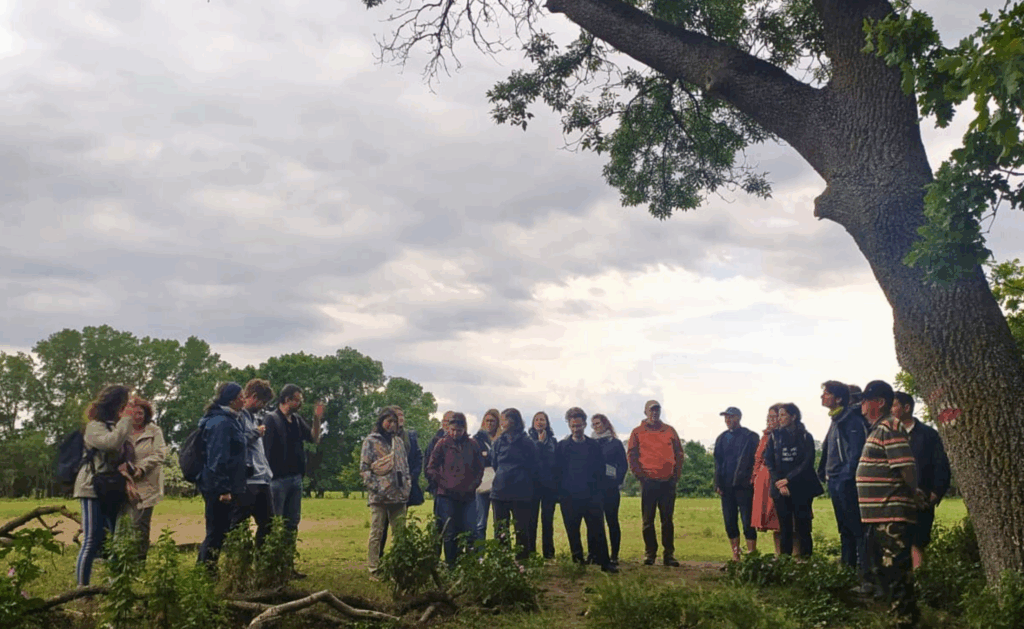
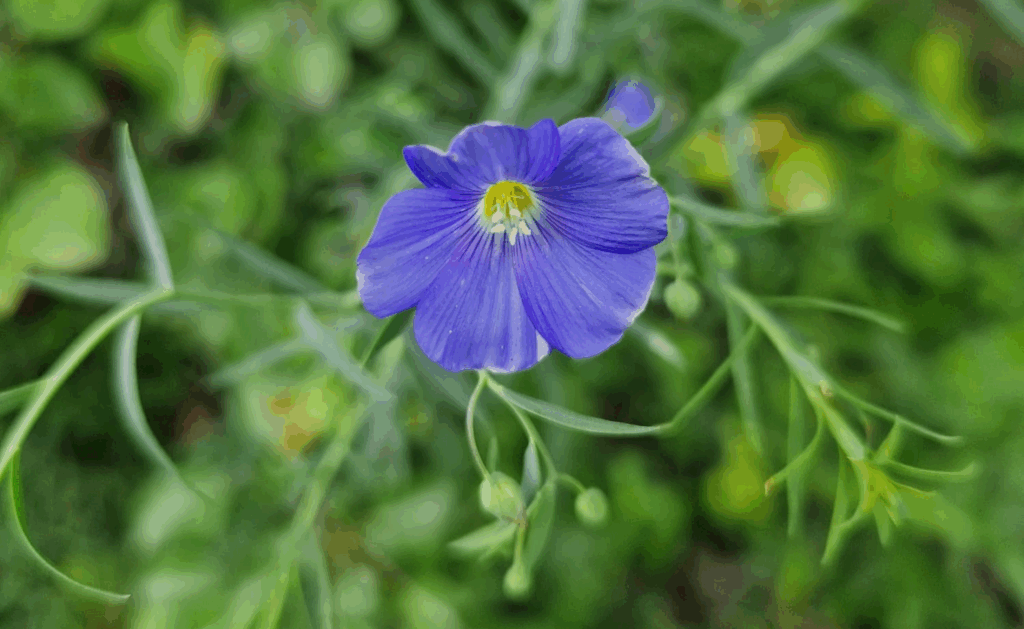
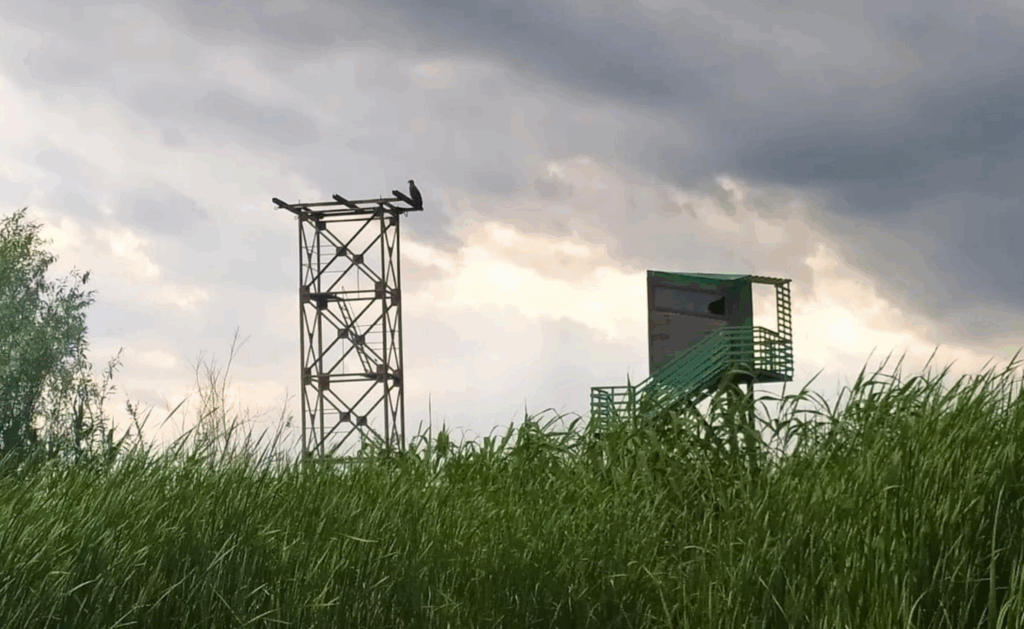
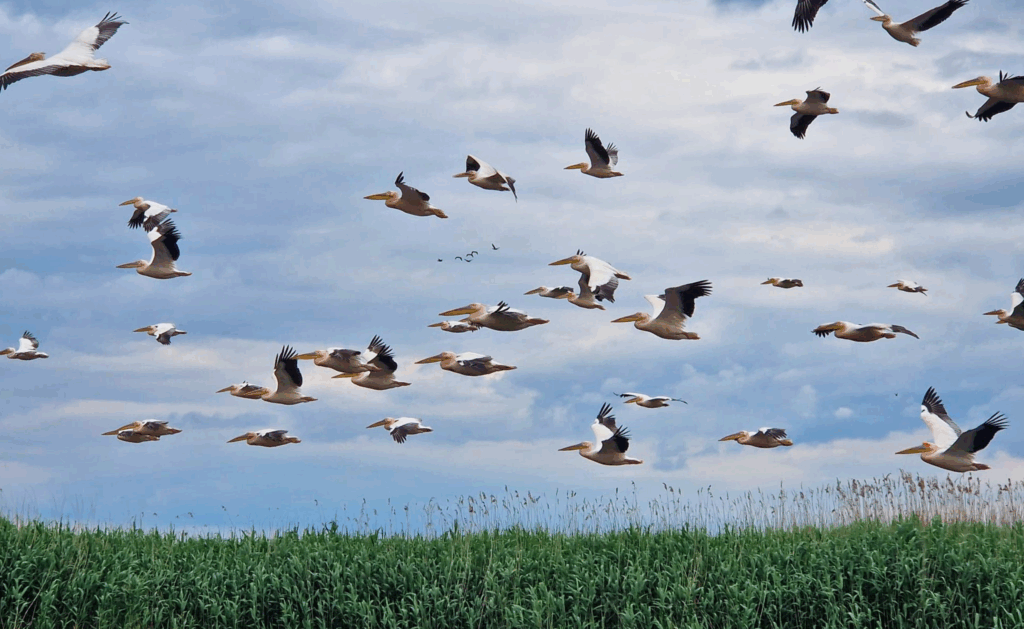
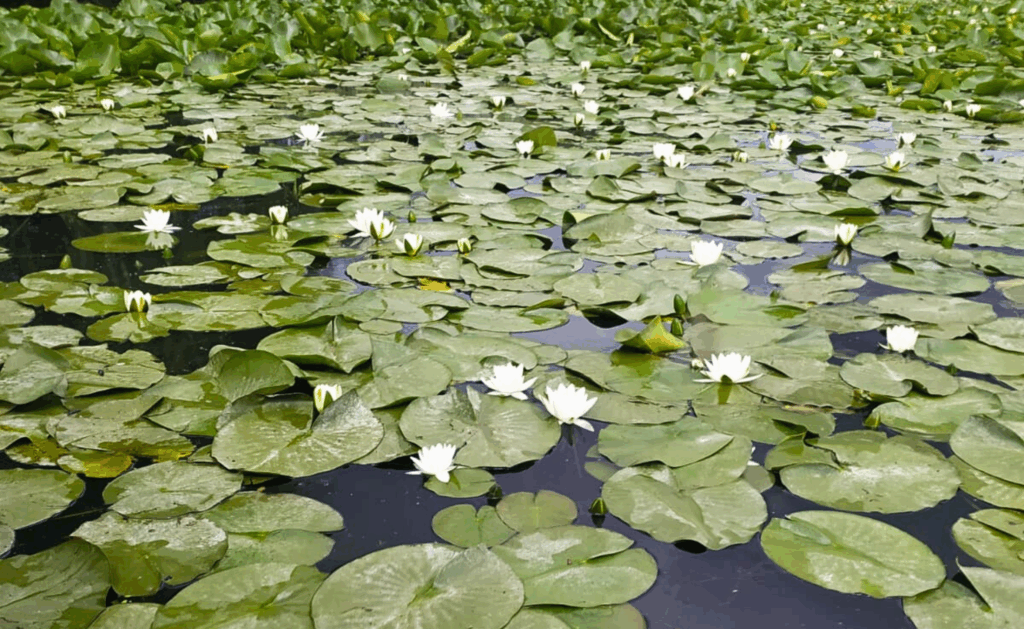
Participants explored the Delta’s wetlands by boat, observing an astonishing array of wildlife including pelicans, kingfishers, herons, and even the rare white-tailed eagle. The trip included stops at the Ivan Patzaichin Museum in Mila 23 and the Letea Forest, Romania’s oldest nature reserve.
This hands-on experience brought the project’s mission to life, reinforcing the importance of scientific collaboration in protecting and restoring Europe’s vital wetland ecosystems.
Looking Ahead
As RESTORE4Cs enters its final phase, the outcomes of this assembly will guide remaining activities and ensure lasting impact. The energy, expertise, and shared commitment displayed in Bucharest underscore the project’s role in shaping Europe’s ecological future.
A heartfelt thanks to the University of Bucharest for hosting this unforgettable gathering and to all partners for their continued dedication to restoring wetlands for climate, communities, and conservation.
Stay tuned for more updates and access to tools from RESTORE4Cs as the project moves toward its final milestones.
